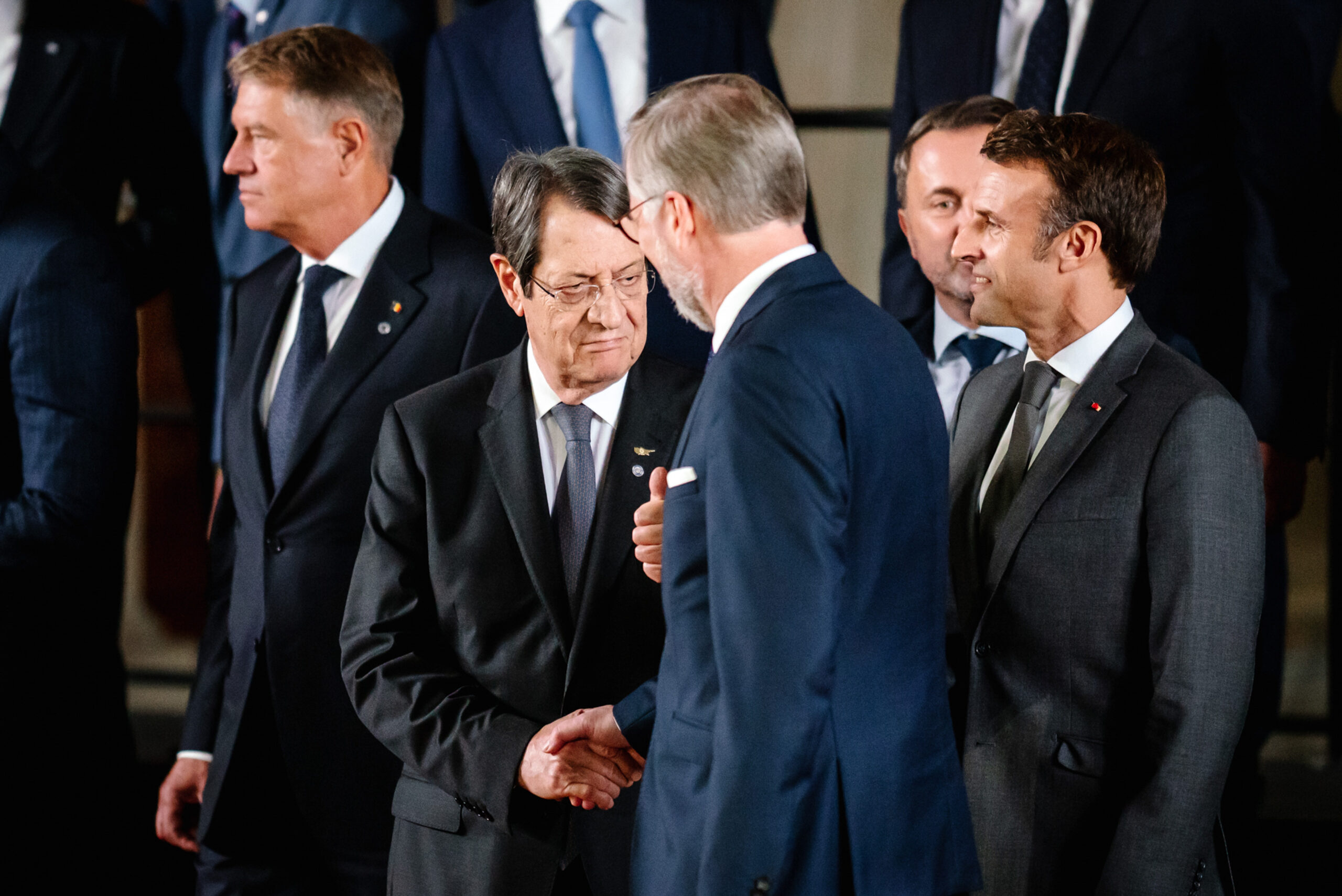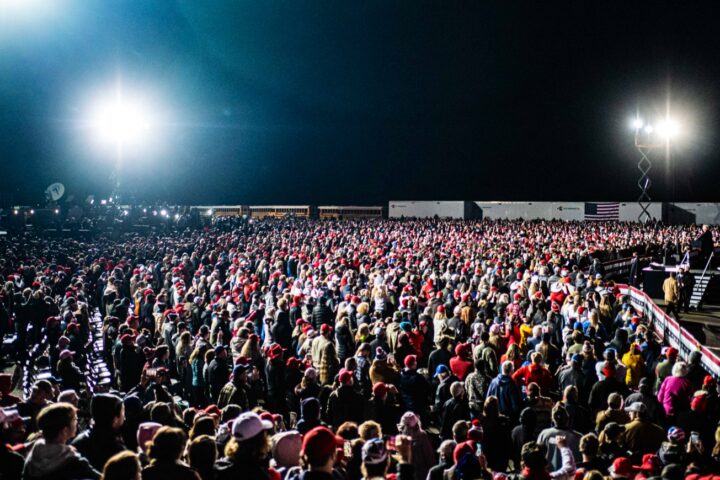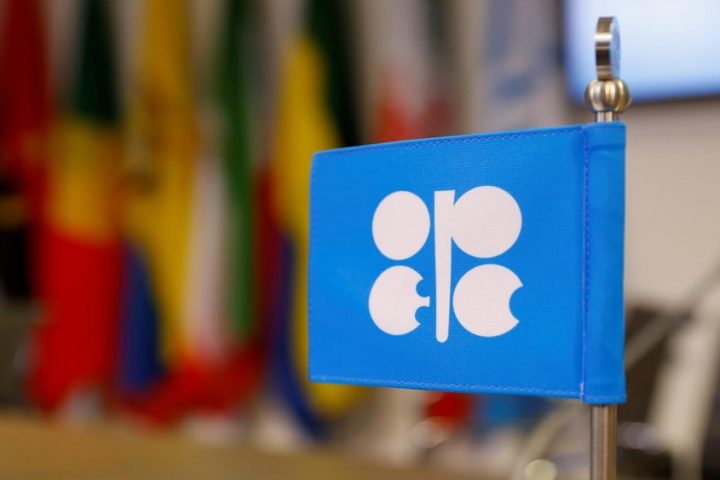Cyprus is heading for an uncertain winter, although there is less worry here about the pending power cuts because of a gas shortage due to sanctions on Russia.
Europe is scrambling for an action plan if the temperatures drop sharply and energy demand rises to keep homes, shops and offices warm.
Relying on wind energy could also be an issue if the weather turns brutal, as cold snaps usually mean less of a breeze to propel turbines.
EU leaders were in Prague to try and get a grip on soaring energy costs and a supply squeeze with Russian out of the equation compounded by sabotage to the Nord Stream pipelines.
To get to grips with soaring prices, Brussels is considering introducing price caps to steady the ship, but such market intervention also has to come up with stricter energy-saving plans.
There has to be a greater sense of unity, with EU states not outbidding each other to secure scarce supplies.
Fears exist that Europe may have to endure blackouts if demand cannot be tamed or consumers convinced to save energy with a war on waste.
Even if the Cyprus government does not feel exposed to the energy crisis, the economy is still held hostage to high inflation driven by rising fuel and electricity prices.
Nicosia basked in the glory of hosting an UN-backed European environment ministers conference when it was the worst example of going green.
It pays millions in fines for breaching EU emission rules, still relies on diesel-fired power generation and should be doing more with solar energy.
Patting itself on the back for being at the forefront of fighting climate change in the East Med is hardly leading the way to a greener future.
There are many fine words about climate action, with scientists filing reports on the planet burning up when there is little innovation or investment in alternative energy.
Most Cypriot homes and public buildings are badly insulated, with more needing to be done to ensure newly-built properties are energy-saving castles.
President Anastasiades is not worried about the overheating planet; he only attends these summits to find a way to blame Turkey and make a political statement.
Believe me, European leaders can see him a mile away and pretend to be busy rather than hear him give another lecture on the Cyprus problem.
He always says he will raise the Cyprus problem wherever he goes, but that’s only for public consumption – I’m sure he just whispers something quickly while moving around the room.
Hardship
Even if Cyprus is confident it can weather the storm without consumer hardship, it should at least make the public more conscious of energy efficiency.
Power bills are still excessive, and households struggle to pay without worrying about supply.
Although Cyprus isn’t reliant on Russian gas because it doesn’t use it, the oil market could heat up, making electricity generation more expensive.
It is intertwined with the cost-of-living crisis wrapped around inflation spikes.
Saving energy won’t only save us money but will also do the planet a lot of good.
We need to be insulation warriors in our battle against energy waste, but people must be made aware and encouraged to do so.
Lighting candles in the dark is a bleak prospect across Europe because of Russia’s war on Ukraine.
Homes in the UK could face a series of three-hour power cuts if gas supplies from Russia are shut off.
In the “unlikely event” there is a shortage of supplies, some customers could have their electricity shut off to ensure the security of the UK electricity system.
This would require a harsh cold snap combined with reduced electricity imports from Europe and insufficient gas for power plants to run.
And central heating will be restricted in Italy this winter.
Under a government decree, buildings face an extra fifteen days without central heating.
Italians will also be told to turn their heating down by one degree and off for an extra hour a day.
The move comes as governments across Europe look to reduce demand and shore up energy supplies ahead of winter.
Before February’s invasion, Italy was the second-largest importer of Russian gas in the EU, making up 40% of its supply.
Maybe there’s a selling point for tourism – come to Cyprus, where the lights are on, and the heating isn’t turned off.










